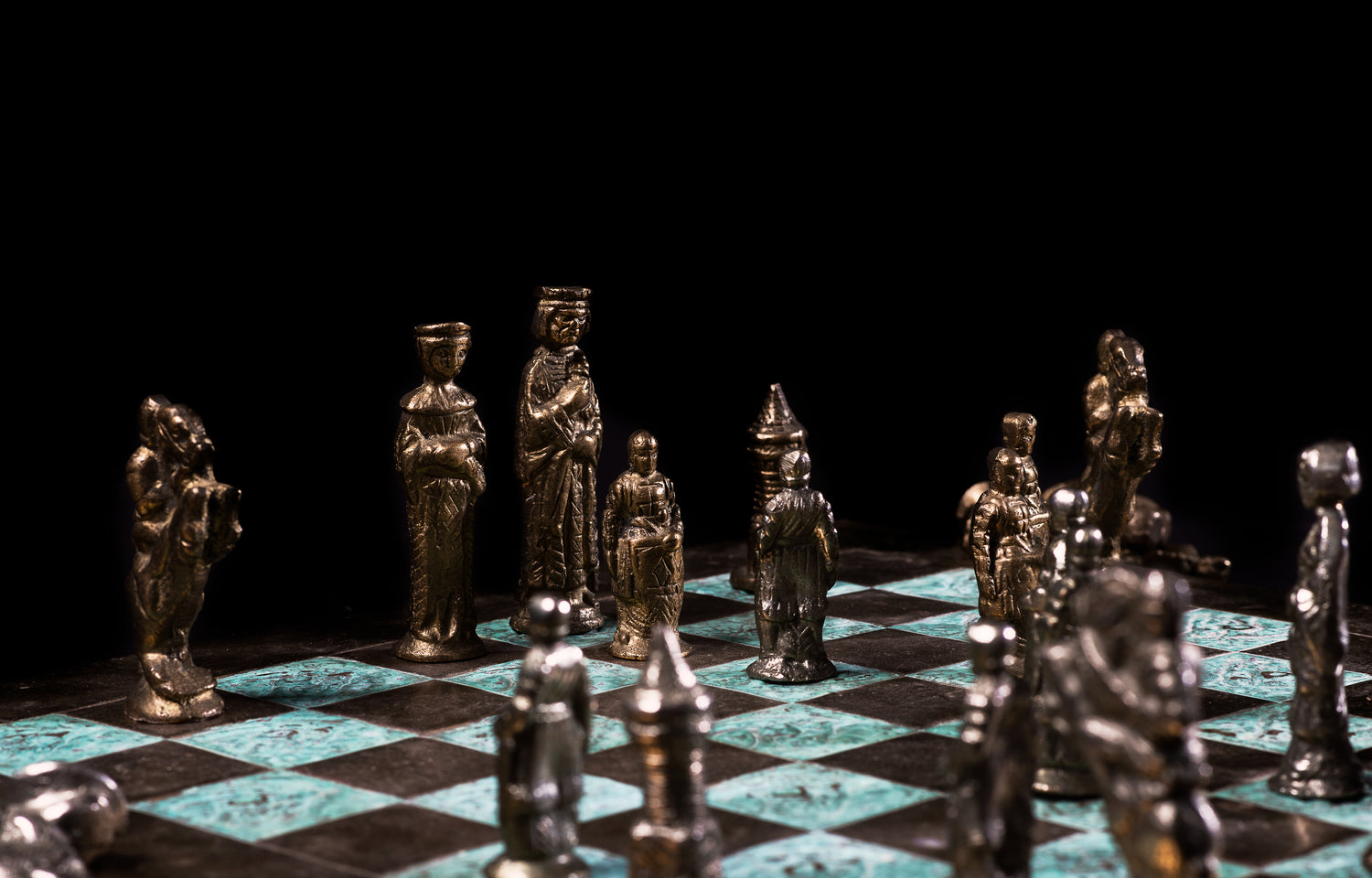A record 62 million households watched "The Queen's Gambit" in its first month.
Chess players know that if you’re exceptionally good at the game, you’re rare. The popular board game is not just for fun, it’s for strategy and intellect. Your moves are crucial, similar to the game of life. And it’s becoming more mainstream than ever.
The game of chess comes with an in-depth history of difficulty. Mastering the game of chess isn’t just about winning. It’s about understanding how to own the game board and understand the moves that need to be made - to win or sometimes lose. The pieces in chess are crucial, the moves are even more crucial.
Modern technology has granted us the ability to play online, and this in itself has made the game more mainstream, and more players understand. However, do not take its modern methods for granted. The name of the game remains, be it on an actual board or online on your smart device.
Online access to the game has created more exposure and interaction for the game. Chess.com estimates that it has 20,000,000 members on its site, which is already a staggering amount of people who are learning, and who are less intimidated by the game.
The Fédération Internationale des Échecs or World Chess Federation (FIDE)—the organization that connects and governs international chess competition—estimates that globally there may be as many as 600,000,000 chess players worldwide.
Chess is now a part of popular culture considering how the strategic game is more understood and embraced. Now, that more people are becoming exposed to the game and its intent, there are now more chess clubs, tournaments and initiatives that popular culture has clung on to the idea of chess as a staple in culture. More grade schools and high schools offer chess as an extracurricular activity. In doing this, more young people are drawn to the idea of learning how to play and teaching one another the strategy.

